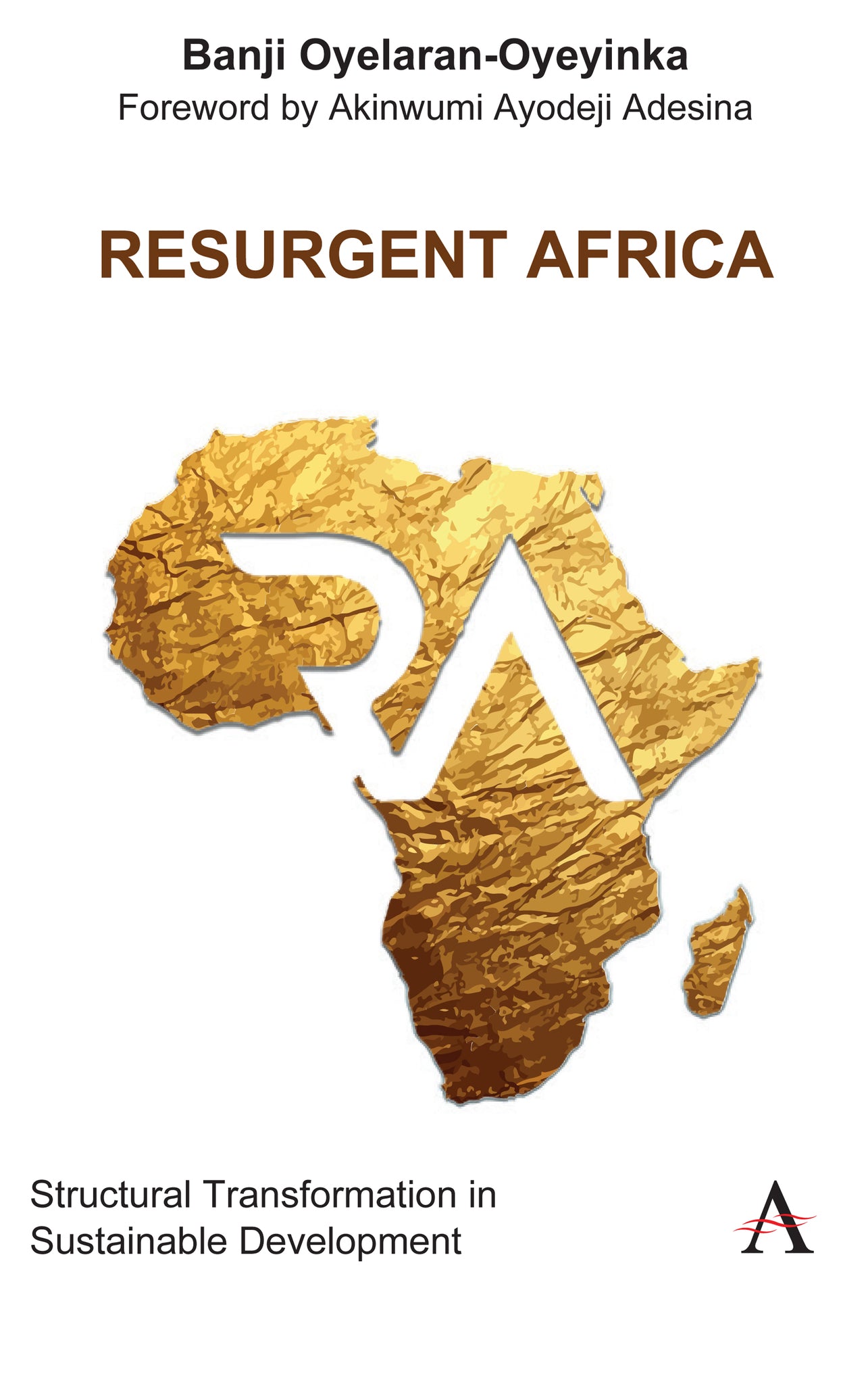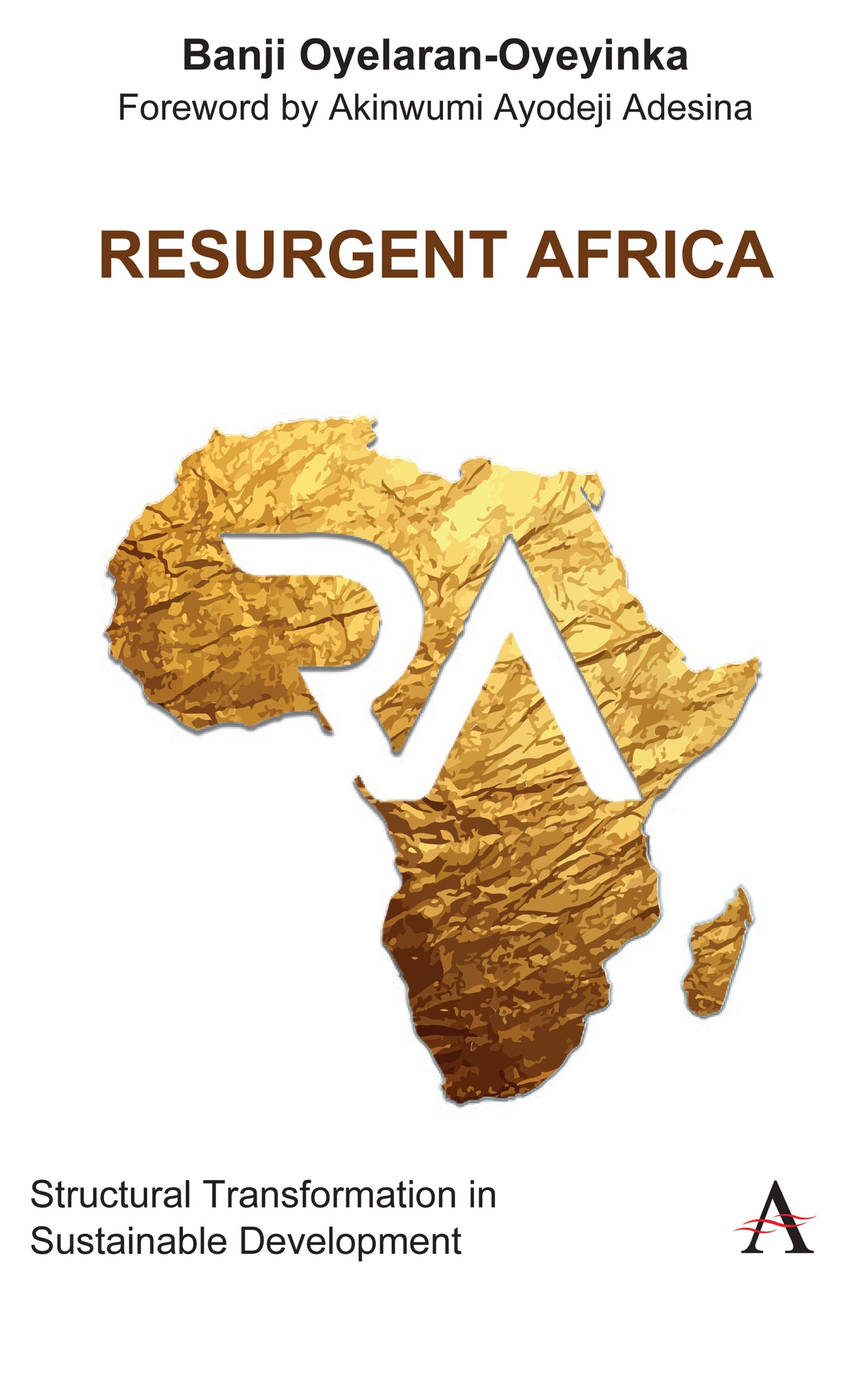We're sorry. An error has occurred
Please cancel or retry.
Resurgent Africa

Some error occured while loading the Quick View. Please close the Quick View and try reloading the page.
Couldn't load pickup availability
- Format:
-
31 March 2020

‘Resurgent Africa: Structural Transformation in Sustainable Development’ is a study of structural change dynamics in Africa and its effect on job creation, living standards and the efficiency of productive cities through manufacturing productivity growth that benefit the majority. Empirical data from selected African countries, including Nigeria, Ghana, South Africa, Kenya, Rwanda and Ethiopia, provides in-depth analysis and knowledge of the continent’s diversified economies by establishing relationships between industrialization trends; rates of urbanization; and urban living standards, income growth and employment in Africa. The findings reveal unconventional pathways of structural change, patterns of jobless growth suggesting economic growth that does not necessarily lead to employment, dominance of services at the expense of manufacturing industry explaining the regress in Africa’s industrial sector and occurrence of structural transformation without improvement in labour productivity. These are important concerns for Africa’s long-term development leading to the conclusion that sustainable urbanization and industrialization are not only closely connected but also key drivers of economic change. The book includes recommendations for policymakers to adopt a new approach to development for a resurgent Africa.

POLITICAL SCIENCE / Political Economy, Political economy, POLITICAL SCIENCE / Public Policy / City Planning & Urban Development, BUSINESS & ECONOMICS / Development / Economic Development, Urban and municipal planning and policy, Development economics and emerging economies

“An excellent and timely book that expounds why structural transformation is central for Africa, and features industrialization’s pivotal role in driving this transformation. It emphasizes the leading role of manufacturing, the complementarity with agriculture, services sectors and urban advantages, often undervalued in current literature. It is beautifully written and supported by rich evidence from country level and Africa at large. This book is a treasure for policymakers and researchers alike.” —Arkebe Oqubay, Senior Minister and Special Advisor to the Ethiopian Prime Minister, and Author of Made in Africa
1. Understanding the Pathways of Africa’s Diversified Economies; 2. Growth Pathway: Skipping the Industrial Phase in Africa; 3. Losing the Urban Advantage; 4. Industrialization and Urban Living Standards; 5. Growth and Employment in Africa; 6. Industrialization and Urban Living Standards in Africa; 7. Mapping Africa’s Growth Pathways; Index.



